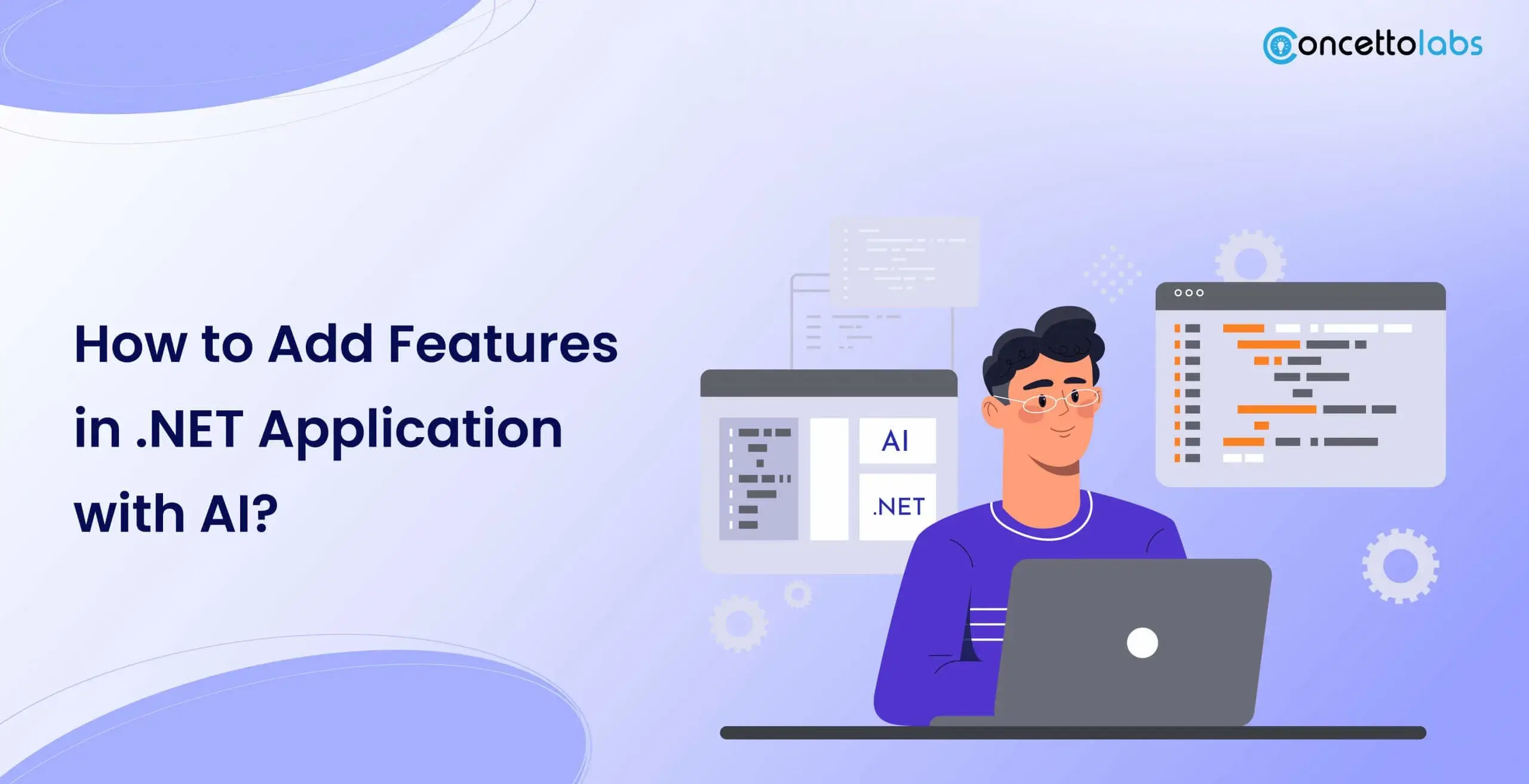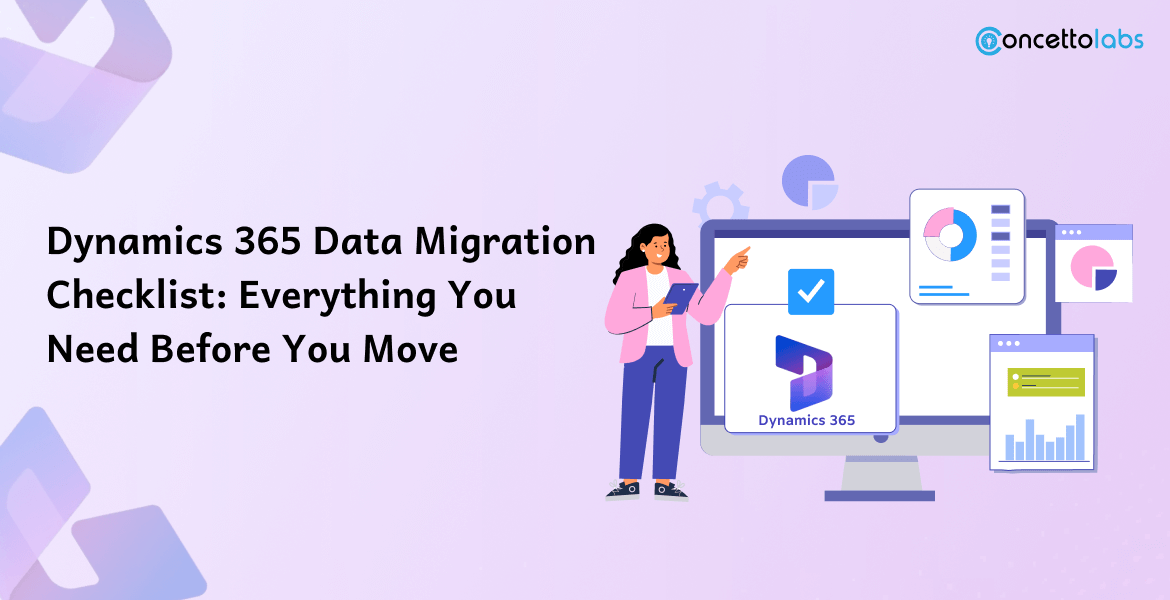
Summary: .NET 7 or .NET 8 both are the versions of .NET platform but there are a few key differences between them. And, In this article, we are going to discuss it.
It has been always said that the results you get are better if you have patience! However, is this applicable to the technical world too or not? We all know, software development and technology keep releasing new advancements. With the .NET platform, the new .NET 8 is going to be released soon with new features. This article is about the differences between .NET 7 or .NET 8. Here, we are going to discuss the performance, diagnostics, compatibility, and integration of both versions. Therefore, stay tuned with us until you get your answer which one is better between .NET 7 and .NET 8?
Let’s find our Significant Factors while .NET 8 Compared to .NET 7

.NET 7 and .NET 8 both are Microsoft releases but they have quite different features. To understand better, we have differentiated all the core features here with the performance of both versions on each of them.
1. Performance: Performance is the main aspect of any developer when selecting a technology. In terms of performance and speed, .NET 8 is more optimized than .NET 7. Both versions use a Just in Time (JIT) compiler. However, .NET 8 can do code faster and lower the buffering process while executing. Also, garbage collector and runtime environments are more advanced in .NET 8 which helps businesses to save their resources while providing better performance.
2. Compatibility: .NET 8 is more effective in terms of compatibility than .NET 7. .NET 8 has been built with AVX-512, Vector 512, and optimized support for ARM 64 and web assembly hardware native. Therefore, it is capable of targeting all the users across desktop and mobile devices running on all available operating systems.
3. Programming language: C# is the main language for the .NET platform. However, .NET 8 comes with new advancements in C# which helps .NET 8 developers to clean code while maintaining coding structure. It has the efficiency of debugging and it can update the application as per the business needs.
4. Observability and Diagnostics: After the release of the application, it is mandatory to maintain the application. With .NET 7 you can easily maintain your application but need to use third-party tools for it. While .NET 8 has tools for third-party APU support for observation and Diagnostics.
5. Microsoft support: For each .NET version, Microsoft provides two types of support.
- LTS: Long-term support – This one type is more beneficial because you get approximately 3 years of support from Microsoft.
- STS: Short-term support – Here, the period is less compared to LTS. Microsoft provides 1 year of support for this.
Let’s see the support period for both.NET 7 and .NET 8 by Microsoft to get an idea of which one is better.
| Version | Release date | Release type | End of support |
| .NET 8 | November 14, 2023 | LTS | November 10, 2026 |
| .NET 7 | November 8, 2022 | STS | November 12, 2024 |
6. Integration: .NET takes more time for integration because developers have to create custom codes for API and other components. While, on the other hand, .NET 8 has built-in support for most of the integrated development environments, APIs, and services. Thus, it helps in faster integrations, removes errors, and improves process executions.
To avail of all these benefits in your upcoming project, visit our ASP.NET development company. Our .NET developers can guide you to avail the most beneficial use of technology.
Let’s Understand About the .NET 8 New Features
- It supports SIMD(single instruction, multiple data) operations for 512-bit vectors. This can improve the performance of applications via performing machine learning, scientific computing, and data-sensitive operations.
- It has greater capabilities for debugging and troubleshooting performance problems.
- It has support for Intel Advanced Vector Extension 512 instructions. This is a new set of vector instructions that provides additional performance benefits for data-intensive applications.
- It has support for global using directives and record structures. Therefore, we can say that it has advanced language support.
- It has cross-platform support with improvements in mono runtime and new features for creating and deploying .NET applications on Mac OS and Linux.
Should we Perform an Upgrade from .NET 7 to .NET 8?
As per the analysis in this article, .NET 8 is more advanced than .NET 7. So, it is better to upgrade your application to .NET 8. However, if you are unable to upgrade then it’s better to wait for the support for .NET 7 which is going to be available until 14th May 2024.
You must aim for a .NET 7 to .NET 8 upgrade before May 2024 to avail the benefits of functionality, updates, and technology. You can consult an ASP.NET Development company for the advancement. You will get better assistance.
Conclusion
.NET 8 is one of the best software development technologies from Microsoft. It is one step ahead of .NET 7 in terms of comparison. .NET engineers and dot net development companies are recommending .NET 8 to their clients for upcoming projects. In terms of integration, and performance, a compilation of C# code, observation, and support .NET 8 is preferable. Therefore, it has completely won the battle over .NET 7.
Concetto Labs is also preferring .NET 8 over .NET 7. Features and functionality of the version have been built in consideration of the latest trends and technologies. Our .NET core developers suggest migrating from .NET 7 to .NET 8 to take advantage of Microsoft support, advanced AI capabilities, high performance, and stronger security.






 Indonesia
Indonesia
 Botswana
Botswana
 USA
USA
 Italy
Italy
 Panama
Panama




